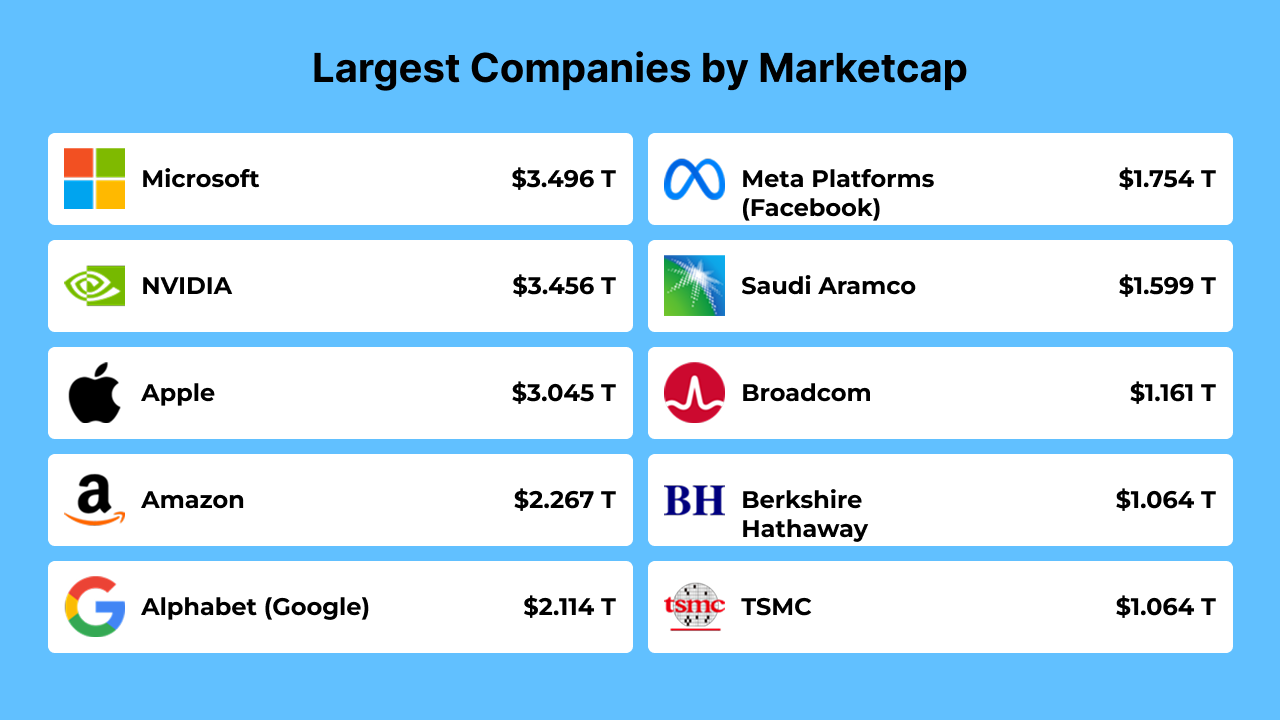Open-source projects have revolutionized the tech industry. They’ve shaped how we build, deploy, and scale software, providing cost-effective, reliable, and innovative solutions. In this article, we’ll look at 15 open-source projects that have significantly impacted industries, developers, and technologies worldwide.
These projects aren’t just tools; they’re catalysts for transformation, enabling developers and businesses to achieve more with less. Here’s a deep dive into how these projects reshaped the landscape across different domains.
Web Development
1. Node.js
- What It Is: A cross-platform, server-side JavaScript runtime.
- Why It’s Revolutionary: Before Node.js, JavaScript was mostly confined to client-side development. Node.js brought JavaScript to the server-side, enabling full-stack development with a single programming language.
- Impact: Major applications like Netflix, LinkedIn, and Uber rely on Node.js for their scalability and performance. It also inspired the creation of many frameworks like Express.js and NestJS.
2. React
- What It Is: A JavaScript library for building user interfaces, maintained by Meta.
- Why It’s Revolutionary: React introduced a component-based architecture and the virtual DOM, which improved performance and development efficiency.
- Impact: React became the backbone of modern web development frameworks, including Next.js and Gatsby. Its influence extends to mobile development through React Native.
3. Apache HTTP Server
- What It Is: A highly versatile web server.
- Why It’s Revolutionary: Apache HTTP Server provided a robust, open-source alternative to proprietary web servers. It’s reliable, secure, and highly customizable.
- Impact: Powering a significant portion of the internet, Apache paved the way for other web servers like Nginx and inspired the development of modern hosting services.
Data Management
4. PostgreSQL
- What It Is: An advanced open-source relational database management system.
- Why It’s Revolutionary: PostgreSQL provided a powerful, feature-rich alternative to expensive database systems like Oracle.
- Impact: Widely used in data-heavy industries, PostgreSQL is the go-to solution for developers seeking advanced features such as JSON support, geospatial queries, and ACID compliance.
5. Redis
- What It Is: An in-memory data store that can be used as a cache, message broker, and even primary database.
- Why It’s Revolutionary: Redis is incredibly fast and versatile, often used for real-time applications, such as chat systems, gaming leaderboards, and live analytics.
- Impact: Its simplicity and efficiency made it a favorite for startups and enterprises, powering companies like Twitter and GitHub.
6. Elasticsearch
- What It Is: A distributed search and analytics engine.
- Why It’s Revolutionary: Elasticsearch enables developers to search, analyze, and visualize vast amounts of data in near real-time.
- Impact: It has become the foundation of the ELK stack (Elasticsearch, Logstash, Kibana), widely adopted in log analysis, application monitoring, and search functionalities.
Developer Tools
7. Git
- What It Is: A version control system created by Linus Torvalds.
- Why It’s Revolutionary: Git transformed collaboration in software development, making distributed version control simple and reliable.
- Impact: GitHub, GitLab, and Bitbucket—platforms based on Git—are now integral to modern development workflows, fostering open-source contributions globally.
8. Visual Studio Code (VSCode)
- What It Is: A lightweight, open-source code editor by Microsoft.
- Why It’s Revolutionary: VSCode redefined coding environments by combining speed, extensive plugin support, and built-in debugging tools.
- Impact: It’s one of the most popular IDEs, with millions of developers using it daily for its flexibility and developer-first approach.
9. Jupyter Notebook
- What It Is: A web-based interactive development environment.
- Why It’s Revolutionary: Jupyter Notebook allows developers to write and share live code, equations, visualizations, and narrative text, making it essential for data science and machine learning.
- Impact: Widely used in education, research, and analytics, Jupyter has become the go-to tool for Python enthusiasts.
Machine Learning & Big Data
10. TensorFlow
- What It Is: An open-source machine learning library by Google.
- Why It’s Revolutionary: TensorFlow provided accessible, production-ready tools for developing and deploying machine learning models.
- Impact: It democratized AI development, making deep learning more accessible. Companies like Airbnb and Coca-Cola use TensorFlow for applications ranging from image recognition to recommendation systems.
11. Apache Spark
- What It Is: A big data processing framework.
- Why It’s Revolutionary: Spark’s in-memory processing made it exponentially faster than traditional MapReduce frameworks like Hadoop.
- Impact: Spark is the backbone of big data analytics in industries like finance, healthcare, and e-commerce.
12. Kafka
- What It Is: A distributed event streaming platform.
- Why It’s Revolutionary: Kafka provides a reliable and scalable way to process real-time data streams.
- Impact: It powers applications like fraud detection, log aggregation, and real-time analytics for companies like LinkedIn, Uber, and Spotify.
DevOps & Containerization
13. Docker
- What It Is: A containerization platform.
- Why It’s Revolutionary: Docker made it simple to package and deploy applications in lightweight, portable containers.
- Impact: It transformed software development and deployment, paving the way for microservices and cloud-native architectures.
14. Kubernetes
- What It Is: An open-source container orchestration platform.
- Why It’s Revolutionary: Kubernetes made managing containerized applications at scale efficient and automated.
- Impact: As the heart of cloud-native architecture, Kubernetes is essential for modern application deployment in companies like Google, Red Hat, and IBM.
15. Linux
- What It Is: An open-source operating system.
- Why It’s Revolutionary: Linux democratized software development by providing a free, community-driven OS alternative to costly proprietary systems.
- Impact: It powers everything from web servers and mobile devices (Android) to supercomputers, making it one of the most impactful open-source projects in history.
Conclusion
Open-source projects like these have laid the foundation for modern software development. They’ve not only changed the way developers work but also created thriving communities, sparking innovation across industries. From enabling seamless collaboration with Git to powering AI with TensorFlow, these tools have truly changed the world.
Which of these projects do you rely on the most? Or do you have another favorite open-source project that deserves recognition? Let us know!





